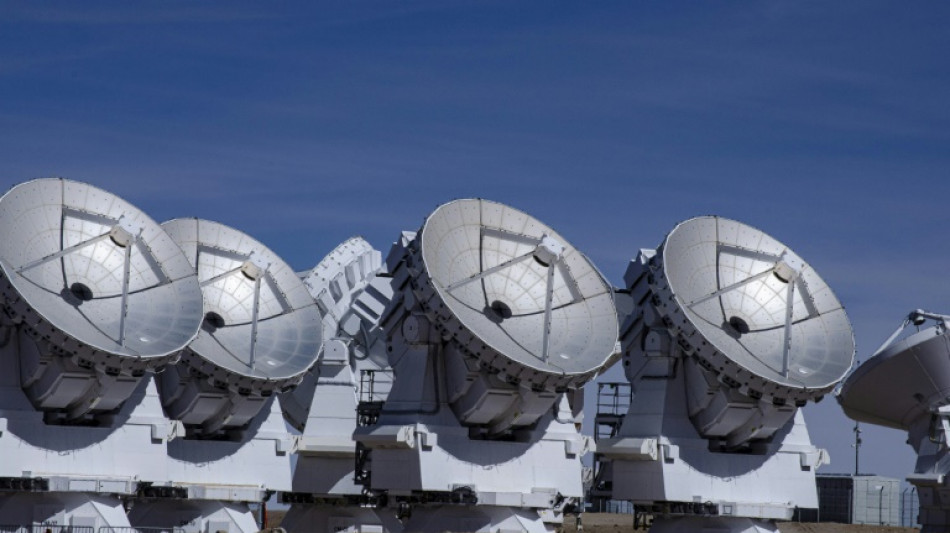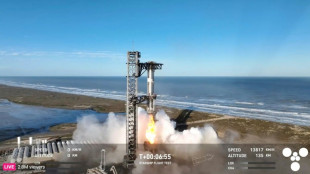

Chile's ALMA observatory resumes work after cyberattack
The ALMA telescope in the Chilean Andes has resumed operations nearly two months after shuttering due to a cyberattack, the observatory said Wednesday.
ALMA, the world's most powerful telescope for observing molecular gas and dust, studies the building blocks of stars, planetary systems, galaxies and life itself, according to the European Southern Observatory (ESO), its co-operator.
The October 29 attack on ALMA's computer systems affected various critical operational servers and computers, the observatory said in a statement on its provisional website.
"To resume science observations was our top priority following the attack," ALMA director Sean Dougherty told AFP on Wednesday.
"It took a tremendous amount of work following the recovery of the computer systems to deliver the complete end-to-end testing" required for work to resume, he added.
The cyberattack forced the suspension of astronomical observations, left the observatory with limited email services, and its website offline.
"The computing staff took immediate countermeasures to avoid loss and damage to scientific data and IT infrastructure," said the ALMA statement, which made no mention of the author of the attack.
The incident is being investigated by Chilean police.
"It has been an enormous challenge to rebuild our systems to return to observing securely," Dougherty added.
The ALMA telescope boasts 66 high-precision antennas spread over distances of up to 16 kilometers (10 miles) that allow it to detect distant galaxies forming at the edge of the observable universe, according to the ESO.
It is built in one of the driest places on earth, in the Atacama desert, more than 5,000 meters above sea level.
In April, ALMA helped find the most distant galaxy candidate observed to date -- some 13.5 billion light-years from Earth.
ALMA employs about 300 experts -- 40 of them engineers and computer technicians in charge of its powerful computers, servers, data storage systems and screens.
"In the coming weeks, the focus will be on recovering testing infrastructure and systems like the ALMA website and other services, which will allow the recovery of all the functionalities existing before the cyberattack," said the observatory.
A.Abascal--ESF




